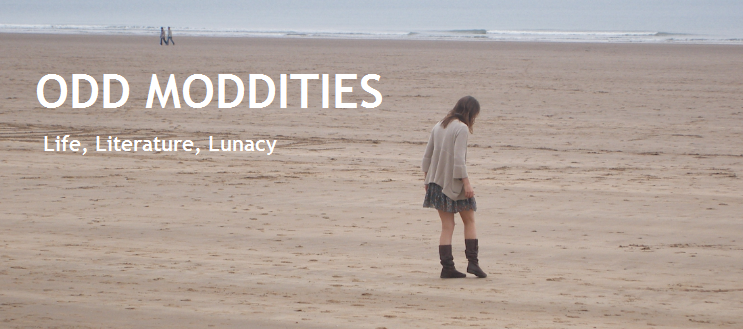I just finished reading The Remains of the Day by Kazuo Ishiguro, which had been on my shelf for ages, but I'd never got round to reading it because it looked pretty dull. It won the Booker Prize in 1989 and oh my gosh, I can see why. It was amazing. I haven't read a book that has actually made me cry in a long time. It was just so good.
From the plot, you wouldn't expect it to be good: a butler goes on a road trip through the English countryside to visit an old friend, and reminisces about his past as a butler in a grand old English household on the way. That's it. And when I first started to read it, I thought, oh dear. Because Stevens, the main character, has this incredibly over-formal, emotionally stilted voice, and I didn't see how I was going to endure it for the whole book.
I quickly changed my mind. The narrative voice is the best thing about the book. There's something really haunting about it. Stevens is completely in denial about everything - particularly his own feelings towards the housekeeper, Miss Kenton - but all these undertones and nuances bubble up underneath everything he says, and you get this constant sense of the truth being repressed. It's painful. Stevens seems to have absolutely no interests outside of being a good butler. Even the conversations he has when off-duty are about butlering. As a reader, you want to scream at him, can't you see that you're missing out on everything that's good in life? That you are throwing away every opportunity that's given to you? But of course he can't hear you, which is incredibly frustrating.
There is one point, one sentence, where the human being breaks out from underneath the veneer of the old-fashioned butler, and this is when he realises that it is too late for him to have a future with Miss Kenton:
The ending verges on the sentimental - as he sits on a bench on the seafront, a random old man enlightens him on everything he's missed out on. But I didn't really care. It had my eyes watering anyway. I'm not going to say anything more about it. Just read it!
I'm sorry to go all smarmy and book review-y on you. I just had to get that off my chest. It's made me worried about my own writing, though. I don't think I'll ever be able to write anything as good as this. Technically, I'm good, but I just don't have any ideas. I'm starting to think I'll never even finish a novel, let alone publish one. And yet my parents always talk about it like it's going to happen and I don't want to let them down...
From the plot, you wouldn't expect it to be good: a butler goes on a road trip through the English countryside to visit an old friend, and reminisces about his past as a butler in a grand old English household on the way. That's it. And when I first started to read it, I thought, oh dear. Because Stevens, the main character, has this incredibly over-formal, emotionally stilted voice, and I didn't see how I was going to endure it for the whole book.
I quickly changed my mind. The narrative voice is the best thing about the book. There's something really haunting about it. Stevens is completely in denial about everything - particularly his own feelings towards the housekeeper, Miss Kenton - but all these undertones and nuances bubble up underneath everything he says, and you get this constant sense of the truth being repressed. It's painful. Stevens seems to have absolutely no interests outside of being a good butler. Even the conversations he has when off-duty are about butlering. As a reader, you want to scream at him, can't you see that you're missing out on everything that's good in life? That you are throwing away every opportunity that's given to you? But of course he can't hear you, which is incredibly frustrating.
There is one point, one sentence, where the human being breaks out from underneath the veneer of the old-fashioned butler, and this is when he realises that it is too late for him to have a future with Miss Kenton:
I do not think I responded immediately, for it took me a moment or two to fully digest these words of Miss Kenton. Moreover, as you might appreciate, their implications were such as to provoke a certain degree of sorrow within me. Indeed - why should I not admit it? - at that moment, my heart was breaking.
The ending verges on the sentimental - as he sits on a bench on the seafront, a random old man enlightens him on everything he's missed out on. But I didn't really care. It had my eyes watering anyway. I'm not going to say anything more about it. Just read it!
I'm sorry to go all smarmy and book review-y on you. I just had to get that off my chest. It's made me worried about my own writing, though. I don't think I'll ever be able to write anything as good as this. Technically, I'm good, but I just don't have any ideas. I'm starting to think I'll never even finish a novel, let alone publish one. And yet my parents always talk about it like it's going to happen and I don't want to let them down...
